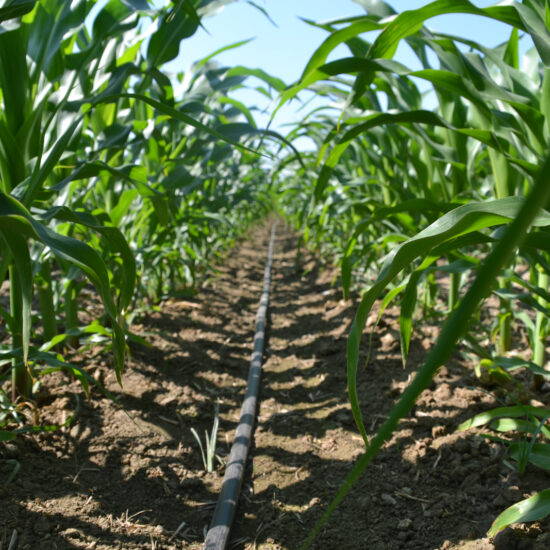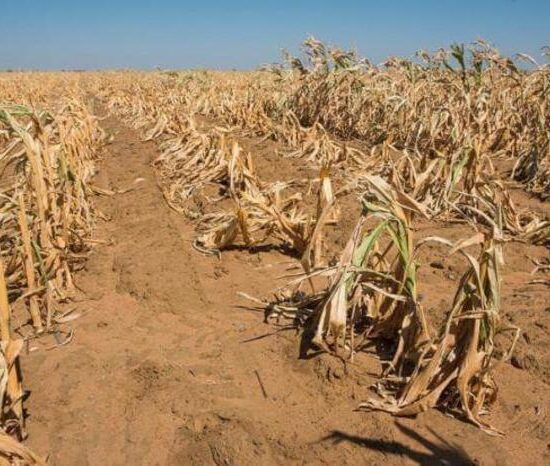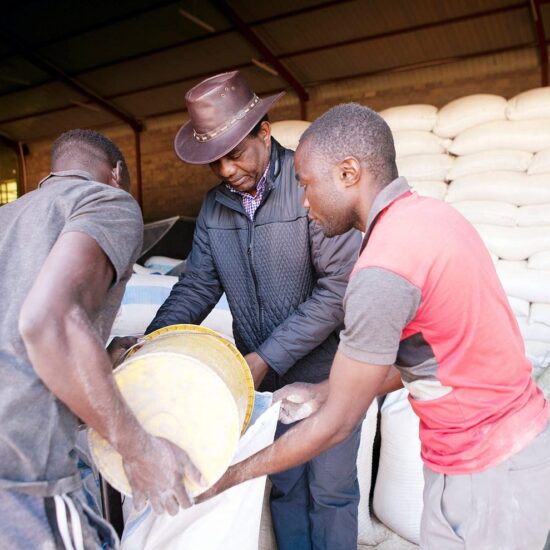
The Dairy Association of Zambia – DAZ has disclosed that Zambia produces enough milk to satisfy local demand with some of the excess being exported informally to neighboring countries. DAZ say its members can satisfy demand and that there is no need to import milk.
Speaking to the Zambian Business Times – ZBT in an exclusive interview, Project Manager of the Dairy Association of Zambia Victor Ngandu stated that Zambia is one of the few countries in Africa that is self-sufficient in milk production.
He stated that the milk that is being imported into the country may be a scenario of using Zambia as a “dumping ground” as the prices at which the imported milk is landing is too low when you add the transport and logistical costs.
Locally produced milk is competitively priced and the only feasible explanation for low priced imports is that most of it is just dumped in Zambia because of excess production from where its coming from.
N’gandu further told ZBT that Zambia does not need to import milk as local production is sufficient. Yes, the country can import certain types of cheese, butter and other exotic diary products which are not locally available, but said there is no need to import fresh and processed milk.
Zambia now has capable locally based milk processing companies. Some of the top milk processing companies include FINTA, Lactalis (formally Parmalat), Varun beverages (cream-bell brands), Zam-milk and Trade Kings Diary Gold. So, local processing capacity is there.
He stated that DAZ does not support the importation of fresh and processed milk and has called on the authorities to consider this when issuing import licenses. Why should we import if our members who are locally based small scale, emerging and commercial diary farmers can produce enough?
Ngandu stated that Zambia is producing about 655 million liters of milk annually. Zambia does not face any deficit in milk production but due to the challenges in raw milk collections, the formally collected and accounted for milk is only about 70 to 80 million liters. Zambia is also importing approximately 5 million liters annually.
Threrefore, there is need for an approximately 200 additional formal milk collection centers or depots each collecting of about 2,000 liters per day to be established in Zambia either by a cluster of farmers or government or cooperatives to completely eliminate the imports and save the country foreign exchange outflows.
DAZ disclosed that the consumption of milk per capita is around 36 liters (that is each person is estimated to consume about 36 liters of milk per year), if you take the current population in Zambia of about 18 million, total annual production of it works out to be 650 million liters.
When asked to elaborate on the structure of the Dairy Industry, N’gandu told ZBT that Zambia has a large informal milk market. “ If you take the total milk production in the country of about 650 million liters, the major producers of milk are smallholder farmers who account for 80% of the produced milk while emerging and commercial farmers make up the balance of 20%.
But when you look at the processed milk market, which is where the better profit margins are, the ratio is flipped back as the commercial and emerging farmers accounts for 80% while the small scale only get the 20% slice of the market.
Commercial Milk in Zambia is mostly produced in Central, Lusaka, Copperbelt and Southern provinces. The Diary Association members also produce milk related products such as yoghurt (both drinking and eating), fresh milk, pasteurized milk, UHT – milk, lacto, cheese, butter, milk blended drinks and milk cream.
N’gandu told ZBT that Milk is an affordable and a high nutrition supplement. And Diary farming is now a wealth creating Agri-business among Zambian. He stated further that Milk production is a notable contributor to the country’s GDP and has serious potential to drive foreign exchange earnings for the country.
He also stated that the dairy value chain is a major employment sector with jobs and diary business farm owners at different levels such as farms, milk collection centers, milk transportation, milk processing and milk marketing making economic contribution to the country.
A local milk processing company whose name has been withheld complained to ZBT that milk imports have flooded the market frustrating their efforts to expand local milk collection and processing.
They stated that they have planned investments which are now being threatened by some authorities who are issuing import permits without due regard for companies that have set base in Zambia. They challenged the companies who wish to sell products in Zambia to equally set based and invest into local production so that they can support local farmers and employment creation which are badly needed in Zambia.








